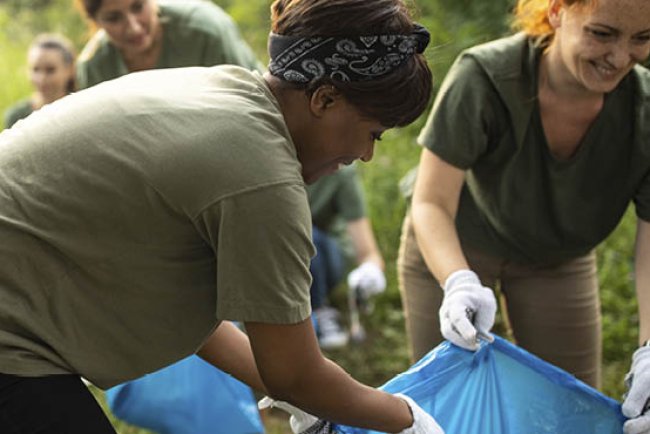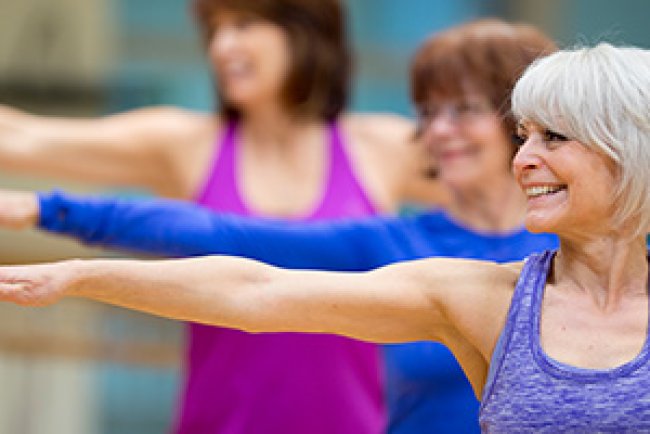Orienteering: An Excellent Workout and Even Better Cognitive Abilities?
Congratulations! You are halfway to learning about orienteering if you have ever had the idea, "This would be more fun if it were on purpose," after becoming lost in the jungle.

It is a combination of brainteaser and outdoor adventure. a combination of treasure hunting, trekking, and map reading that not only increases heart rate but also improves mental clarity. What is the best part? It is a mental and physical workout that does not require a gym membership.
What Exactly Is Orienteering?
Fundamentally, orienteering is a sport in which you traverse uncharted territory from point to point using a map and compass. The objective is to arrive at each checkpoint as fast and precisely as possible, in the correct order.
Timed races, informal gatherings, and even night orienteering are all available. It can be done on foot (the traditional way), on a mountain bike, on skis, or even in a city. Consider it mobile outdoor problem-solving.
The Health Advantages: Beyond a Simple Nature Walk
Do not be deceived by the fact that orienteering does not appear like a typical workout. It is an adventure disguised as cardio.
Increases stamina and endurance: You are traversing terrain that burns calories and improves strength, like hills, trails, rocks, and muck.
Enhances balance and coordination: Getting across uneven terrain keeps your core active and your body guessing.
Low-impact and versatile: It is suitable for a wide range of fitness levels and can be hiked or raced.
Additionally, time seems to fly by since your mind is occupied with the map. You will not get bored on a treadmill here.
The Brain Boost: Mental Fitness in Motion In essence, orienteering is a forest-based brain gym.
Spatial awareness: It takes a great deal of mental agility to read a map, align it with the landscape, and modify your path in real time.
Problem-solving: You are always deciding whether to go over or around that hill. Is that a route or a stream? You develop quick decision-making skills.
Memory and focus: You can maintain a keen short-term memory and laser-like focus by remembering landmarks, directions, and course sequences.
Stress reduction: Being in nature and away from devices allows you to move mindfully, which reduces cortisol and improves mood.
Research has even connected orienteering to enhanced cognitive performance in senior citizens, demonstrating gains in executive function, memory, and attention.
It is also a lot of fun and suitable for families.
Among the finest features? Orienteering is open to anyone. Seniors, adults, youths, and children can all take part at their own pace. Different course levels for novice and expert navigators are frequently offered at events.
It also fosters camaraderie. Together, you solve issues and explore the environment without any outside interruptions, whether you are walking with your children or racing with friends.
What You will Need to Begin
A compass and map (provided by some events)
Wear comfortable outdoor clothes because you might get muddy.
Boots or shoes for hiking
Curiosity
Oh, and perhaps a couple of snacks—because getting lost (deliberately) makes you hungry.
Seek out beginner-friendly events or local orienteering clubs. Many greet visitors with practical instruction.
Ultimately, It is Not Just a Sport—It is a Life Ability
Orienteering is more than simply a strange outdoor pastime. It instructs:
Adaptability in the face of unforeseen circumstances
Self-assurance in your intuition
The capacity to remain composed under duress
A greater understanding of nature—and oneself
Orienteering poses the question, "What if you found it out on your own?" in a world where GPS tells us where to go.
It is tangible. It is psychiatric. It is solving problems in the real world.
It is enjoyable, too.
What's Your Reaction?




















